
In 2017, 60% of Canadians failed to pass a financial literary test consisting of true and false questions. Worse still, close to 80% of the participants rated themselves as financially literate. Clearly, Canadians are overestimating their financial skills. Some people say they just aren’t interested in math or money concepts. But the reality is that financial literacy is what helps individuals have freedom in retirement, plan for their children’s future and enjoy life to the fullest.
As Canadians improve their financial literacy, they also empower themselves. So what’s out there to help you sharpen your skills in this area? Here are a few of the free resources available.
November is Financial Literacy Month
In November, organizations across the country offer and promote financial literacy events, resources, information and tools. Topics include how to manage money wisely, save for the future, understand your financial rights and responsibilities and so on.
The good news is that you can always access these financial resources. The Canadian financial literacy database houses links from previous years of information from financial literacy month. It includes budget builders, smart spending tips and how to avoid money scams.
Financial literacy resources
The Bank of Canada has a detailed list of websites that provide financial information, on topics such as personal finances, investing and inflation.
Prosper Canada is a resource for low-income individuals. There are a variety of tools on their website including free webinars that include information on how to save on low income.
Under the money and finance section of the Canada.ca website, you will find a financial tools section. Take a self-assessment quiz to test your knowledge and money management skills.
There are also several free calculator tools you can use. For example, how much does it cost to finance a car compared to leasing? You can use the car cost calculator to find out.
MoneySense is a Toronto-based e-zine dedicated to personal finance. You can sign up for their various newsletters to get weekly bite-sized information on investing, financial plans and more.
Practical Money Skills is a free online resource created by Visa. It helps consumers learn about money management through games and lesson plans that Canadian families or educators can use.
Employer-provided financial wellness programs
Your workplace might have a free financial wellness program for you to access. Many employers realize that financial stress can impact productivity and employee health. Talk to your HR department about accessing these programs.
Community resources
In your community, there are likely many resources you can access free of charge. Check with your local library to see what books, magazines and memberships are available. Through your local employment agency, you might also have access to speaker series, one-on-one consultations and mentorship opportunities.
CPA Financial Wellness Guide
CPA Canada with the Financial Planning Foundation created this guide to help Canadians learn important money terms in a simple way. Here you can also access tips on how to make a game plan for your finances. On the site, you get free advice with no strings attached to help you take control of your financial situation.
Final thoughts
As you can see, there are a variety of online and in-person resources to help you increase your financial skill set.






















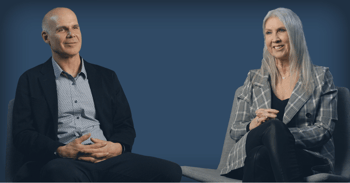

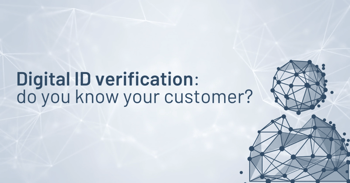





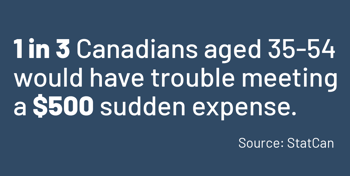



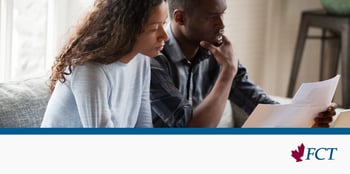

-min-1.jpg?width=350&height=216&name=home-theft-tile-fraud-toronto-blog%20(3)-min-1.jpg)
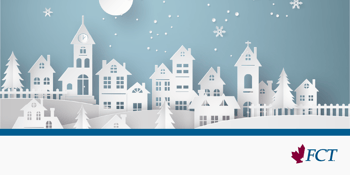
-min.jpg?width=350&height=216&name=FCT-Leading-Insights-Michael-LeBlanc-ENG_blog%20(1)-min.jpg)
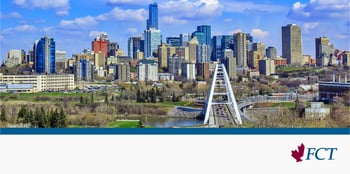
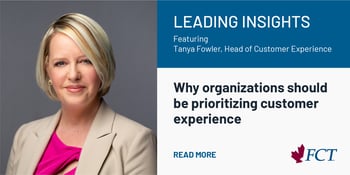




-min.jpg?width=350&height=216&name=errors-and-omissions-ontario-real-estate-law-risk-blog%20(1)-min.jpg)

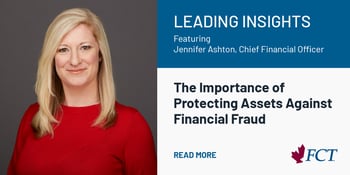




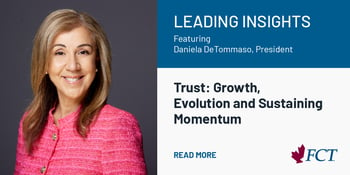

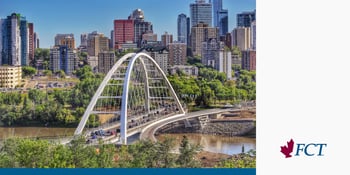

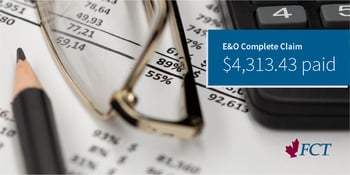





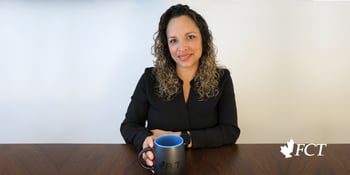




-min.jpg?width=350&height=216&name=Three-signs-your-clients...-Blog%20(1)-min.jpg)



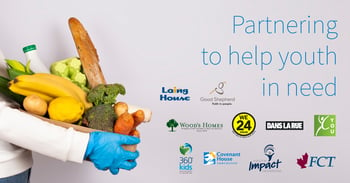

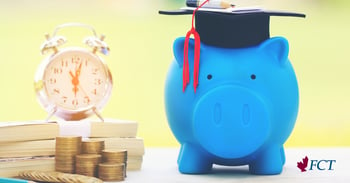
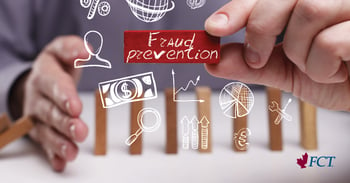
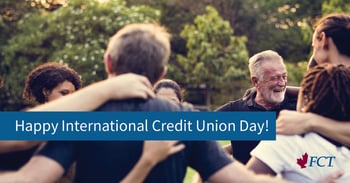






.jpg?width=350&height=216&name=Blog-Post-EasyFund-2-Steps-min%20(1).jpg)





-min.jpg?width=350&height=216&name=June-28th-Were-so-Canadian2%20(1)-min.jpg)

